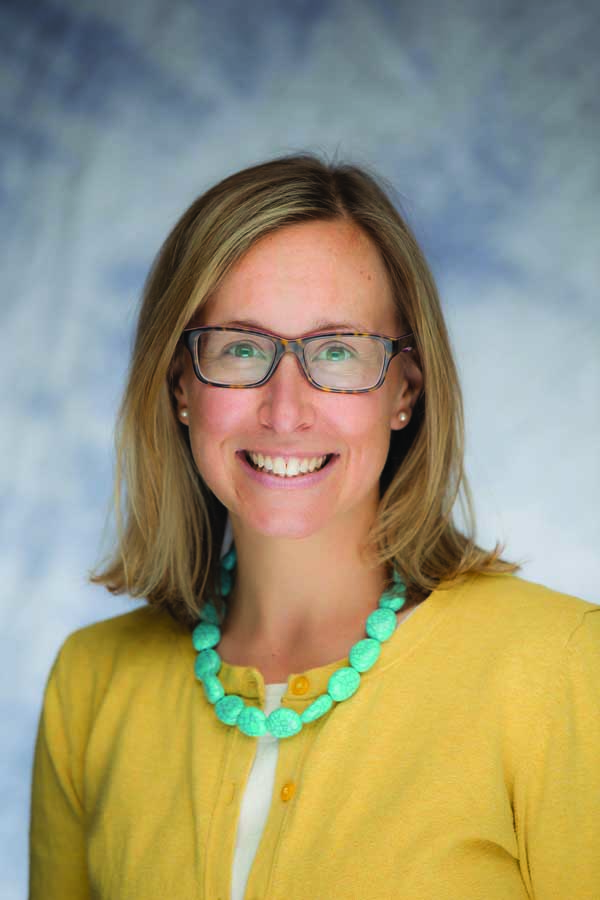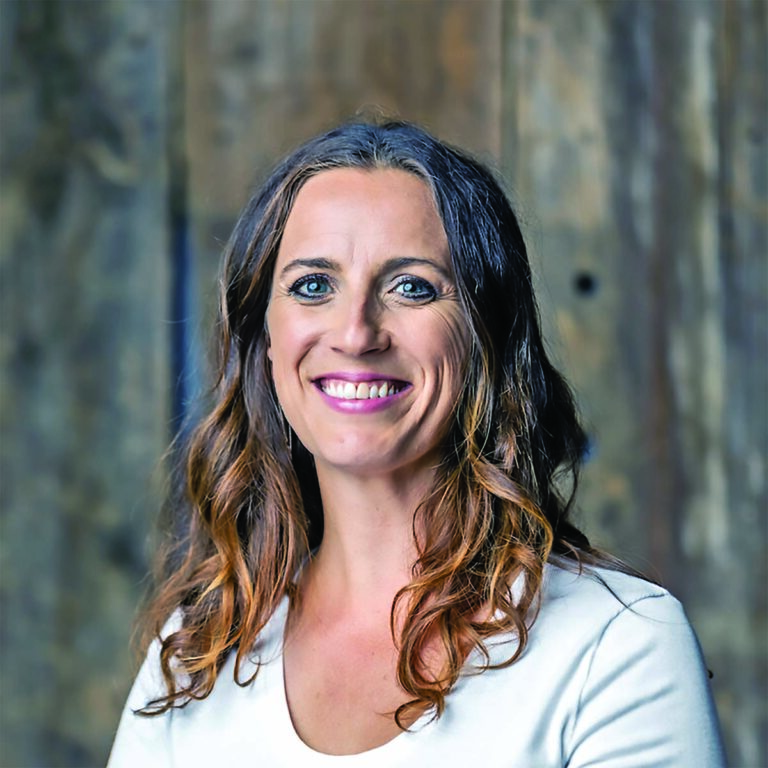It is October – time for apple cider, pumpkin spice, cooler air, and . . . breast cancer awareness month. You may have heard that breast cancer affects one in eight women, but many people are not aware that most women diagnosed with breast cancer have no significant family history.
As I tell my patients, unfortunately the two biggest risk factors for getting breast cancer are out of our control – being a woman and getting older. What we know is that breast cancer is significantly easier to treat and cure when caught early. All that is to say: Get your mammograms!
As the pendulum swings, so too have the recommendations for mammograms for women. In the spring of this year the United States Preventative Services Task Force (USPSTF) issued an update to their previous recommendation regarding mammograms for women ages 40-50.
It is now recommended that all women ages 40-74 undergo at least every other year screening mammogram. This is a change from prior recommendations for women ages 40-50, which left the decision up to each woman and her doctor.
This updated guideline also addresses a known disparity in outcomes from breast cancer amongst Black women, who have a 40 percent higher mortality rate from breast cancer compared to white women. These guidelines issued a call for more evidence to better tailor
screening for this higher risk group, emphasizing that Black women should be especially diligent in starting screening at age 40.
For women over age 74, the panel concluded there was not enough evidence to make recommendations. If you are over age 74, have a conversation with your primary care doctor about the risks and benefits. Women with a family history of breast cancer or a known genetic mutation should also have a discussion with their doctors at an early age regarding when to begin screening, as it may be younger than 40.
Besides mammogram screening, what can we do to prevent breast cancer? Much of it overlaps with what we can all do to live healthier lives – achieving or maintaining a healthy body weight, exercising, and abstaining from tobacco and alcohol, all decrease the risk of developing breast cancer.
Enjoy the cooler air, the changing colors of the aspens, the delicious seasonal fruits, and veggies, and make sure to schedule your mammogram!
Dr. Weintraub is a radiation oncologist at Lutheran Hospital.






